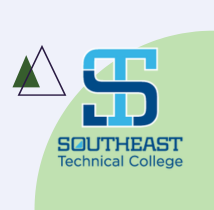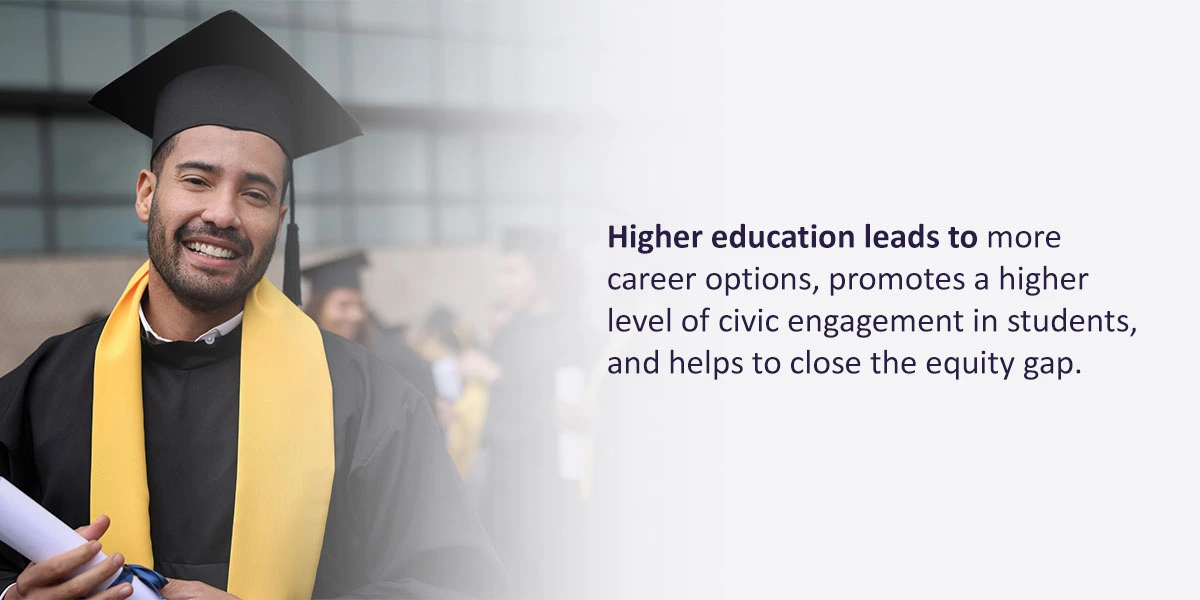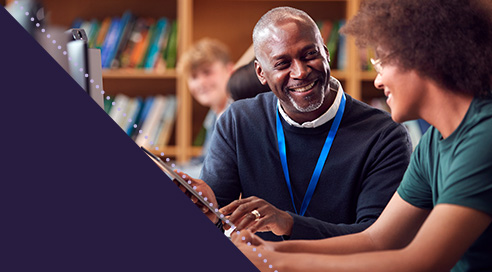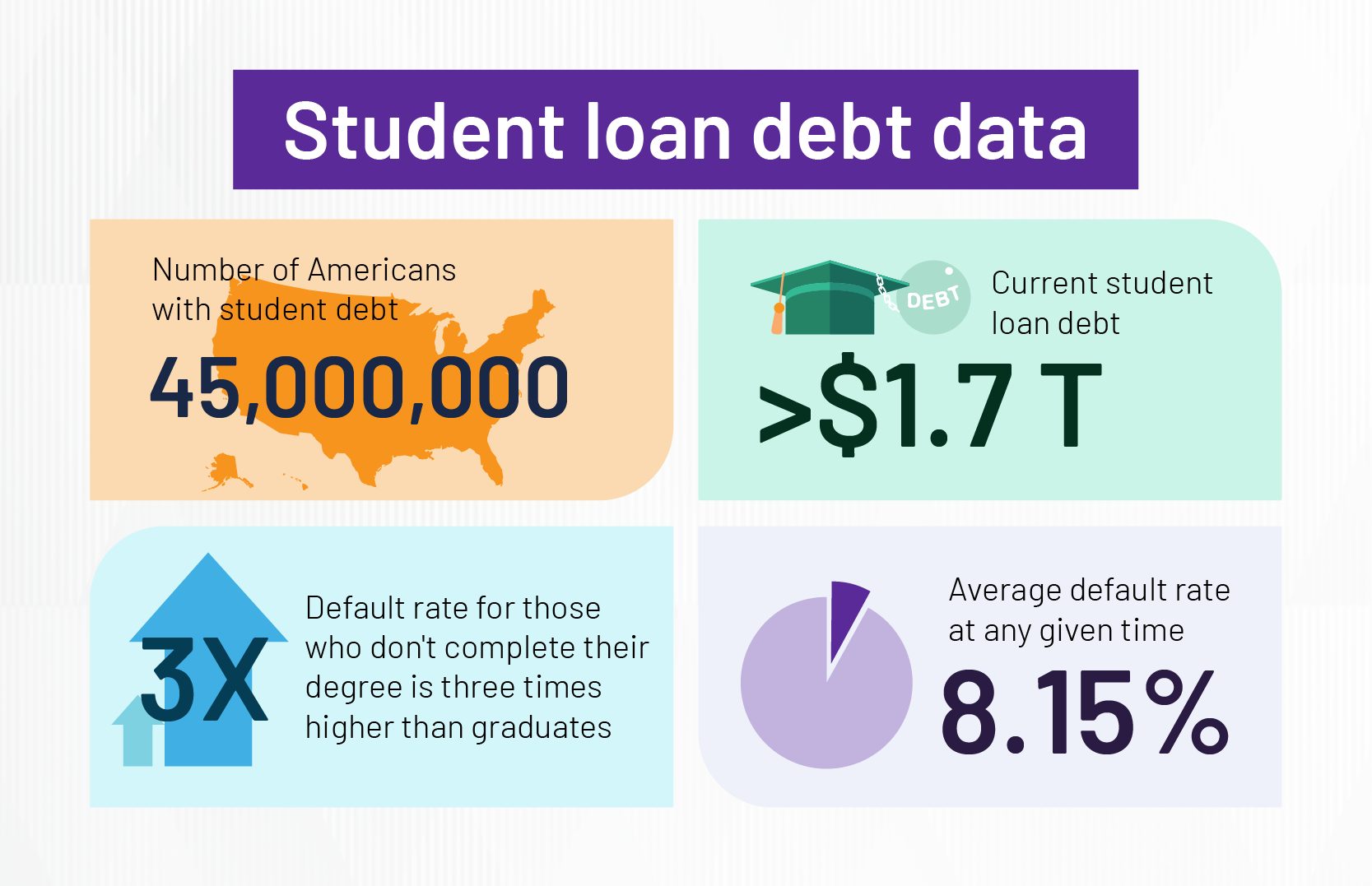
As higher education institutions enroll more diverse students and explore alternative teaching methods to meet their needs, personalized approaches to student retention, engagement, and success are vital. With student success coaching, students can enjoy a customized advising experience enriched with guidance throughout their academic careers. In particular, technology-enabled success coaching has a favorable impact on student retention and can foster better student satisfaction and engagement.
This guide explores the value of scalable success coaching frameworks that provide students with targeted individual attention.
What is success coaching?
Success coaching is a form of personalized student advising adapted to the needs and objectives of students. The premise is to support and guide students, both academically and in nonacademic spheres. This holistic, vigilant advisory approach supports the student as a human being, taking into account their individual situation.
External elements can cause students to lose focus, fall behind, and become disconnected from their educational journeys. Institutions must address challenges like financial limitations, preparation skills, and time management.
Success coaching equips students with the skills to devise a personalized approach to their studies. Academic success coaches work one-on-one with students and serve as a helpful resource for academic-related challenges, providing goal-setting advice and coping skills for high-stress situations. Common topics covered in academic success coaching sessions include:
- Time management and prioritizing tasks
- Personalized study strategies
- Note-taking strategies
- Goal setting
- Test-taking tips
What does a student success coach provide?
A student success coach is a single point of contact, connecting students with resources within the institution and local community, such as financial aid, housing, food, transport, child care, internet access, and other technology. Success coaches supply students with guidance, encouragement, and skills they need for an impactful academic journey.
For example, success coaches can help students improve their focus during study sessions by identifying and removing distractions, guiding motivational visualization exercises, and encouraging them to celebrate wins. When a student sets a goal, like implementing the Pomodoro method during their study sessions, check-ins with their success coach are a valuable source of accountability while they practice their willpower.
Higher education institutions must hire the right student success coaches to impact students and provide them with actionable skills. Traditionally, success coaches fall into two groups:
- Retired educators and those with previous education experience
- HR professionals, social workers, and people from a student affairs background
The best success coaches have experience cultivating meaningful one-on-one connections focused on student needs. They know their way around and can help the student make connections they would overlook on their own.
What is the difference between an academic success coach and an academic advisor?
Academic success coaches and advisors are complementary roles, with student success as their primary objective. Both are critical in successful higher education and student support. Academic advisors are experts in policies, procedures, program requirements, and making the most of campus resources. Coaches have expertise in the coaching process and help students realize their potential and develop academic autonomy.
Since students come to their programs with diverse backgrounds and challenges, the success coach’s skill set is vital for meeting student needs. While academic advisors can explain program requirements, success coaches can help students overcome personal obstacles to meeting those requirements, allowing for more personalized academic advising. Success coaches excel at helping students develop the mindset, study methods, and soft skills they need to realize their academic potential.
Success coaches often have experience addressing the needs of potentially at-risk students like:
- Students from low-income households: These students may be at risk of dropping out if they cannot afford their tuition. Success coaches can help them find scholarship and financial aid opportunities and manage financial stress.
- First-generation students: These students often have less familial support than their peers. Success coaches can help overcome this obstacle by connecting first-generation students to peer networks, mentors, and comprehensive guidance through their higher education journey.
- Nontraditional students: These students may be balancing work and family responsibilities with their academic schedules. These responsibilities and the alternative study schedules they may rely on sometimes isolate them from on-campus communities. Success coaches can help these students access the community events, child care resources, and time management methods they need to thrive.
- Minority students: These students face unique challenges. For example, 21 percent of Black students say they experience discrimination on campus, and 35 percent have jobs, parenting roles, or other responsibilities outside their studies. Success coaches have experience helping minority students overcome these obstacles and persist to graduation day.
The stages of a student success coaching program
The student success coaching process involves five stages:
- Goal identification: At the start of the student and coach relationship, the primary goal is to identify the student’s goals. The identification process is broad at this stage, and students can explore their academic objectives.
- Self-discovery: Together, the student and success coach explore the factors influencing the student’s thinking and how they make decisions. The student should complete a needs assessment to identify opportunities for improvement and determine how they process information. The success coach will guide students to recognize emerging patterns that influence their decision-making.
- Goal setting: With the information gathered in the previous stages, the student and success coach create an outline detailing specific goals to work toward.
- Action plan development: The student and success coach develop an exhaustive plan with actionable goals and clear performance metrics to focus and assist the student in achieving each goal.
- Action plan reviews: The student and success coach will meet throughout the semester to review the action plan, determine the student’s progress, and facilitate any adjustments to keep the student motivated and focused on success.
What are the benefits of personalized student coaching?
The First in the World (FITW) research study on success coaching and student retention found that students who were assigned a success coach were 4 percent more likely to stay enrolled for two academic years.
The results are even more striking when success coaching has strong faculty buy-in and consistent student-coach pairings until graduation. Success coaching programs with these characteristics have achieved a 9 percent increase in credential completion with faculty buy-in and a 12 percent increase with consistent pairings.
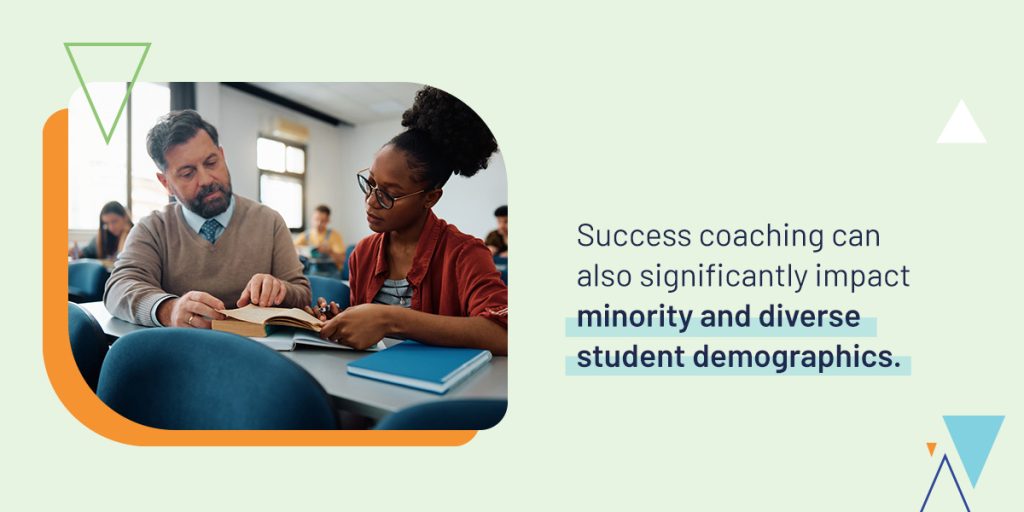
Success coaching can also significantly impact minority and diverse student demographics. Black students with a success coach are 8 percent more likely to remain enrolled for a year and 18 percent more likely to stay registered for two academic years, according to the FITW study. Another study, the Minority Male Success Initiative (MMSI), saw a 22.4 percent increase in retention among minority male community college students when combining success coaching with data-driven student support software.
Other positive impacts of success coaching beyond retention include:
- Advancing equity by improving the performance and persistence of minority students.
- Guiding students through personalized pathways based on their personal needs and program requirements.
- Intervening early to help at-risk students based on their risk factors and predictive analytics.
- Personalizing support to meet students where they are.
- Developing valuable soft skills, including communication, work ethic, collaboration, and time management.
- Referring students to support resources and opportunities to connect with communities on campus.
Student success coaching benefits everyone who takes part in the process. Equipping students with information, guidance, and support from a mentor who accompanies them throughout their journey toward degree completion can result in state and national subsidies.
How data collection, measurement, and analysis can elevate student success
Quantifiable data can enhance the student experience in various ways and provide an additional layer of personalization through avenues such as success coaching. With data-driven insights, academic success coaching programs can:
- Identify student support areas: Data allows you to recognize patterns and proactively identify and assist students who need extra support.
- Create guided pathways for students: Faculty members and coaches can collaborate within the applicable software to create actionable plans for success and receive alerts when students fall off the track or struggle to complete tasks.
- Foster seamless integration: Streamline process management by integrating student information, learning management, and survey systems.
Enhance student success coaching with Watermark
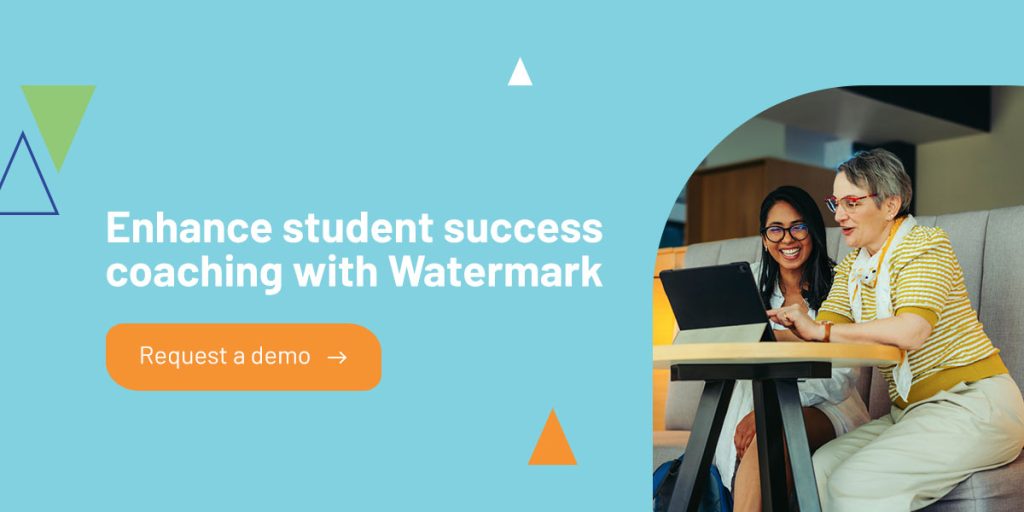
Watermark Student Success & Engagement empowers students to get the most out of their education and simplifies locating support and additional resources. With actionable data, you can identify vulnerable students and adopt a proactive approach to getting them back on track.
Request a demo today and see how Watermark software can enhance your success coaching for a personalized student advising experience.
